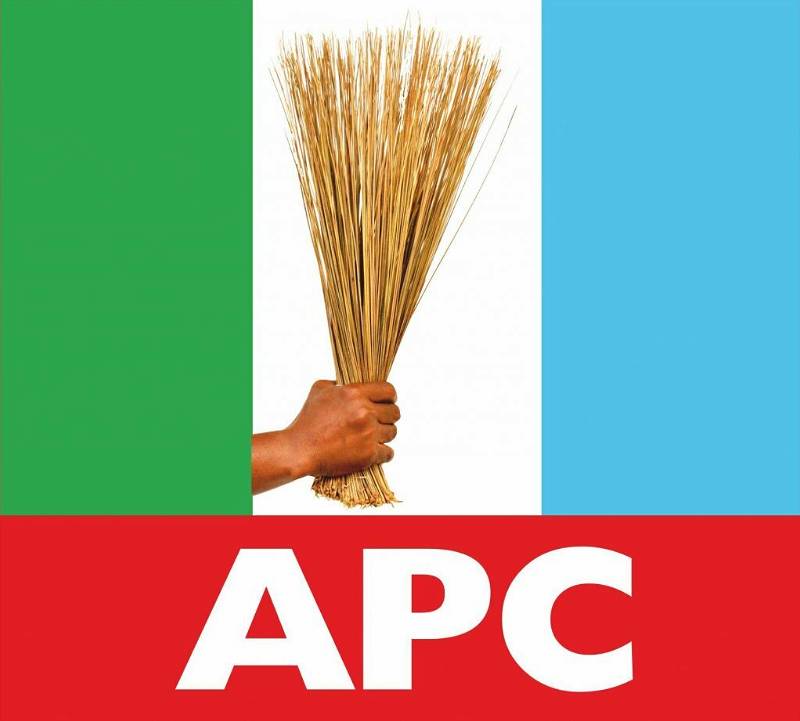
By EricJames Ochigbo
The Director-General of the National Institute for Legislative and Democratic Studies (NILDS) Prof. Abubakar Sulaiman says fairness, justice, and equity should be prioritised in tax management in the country.
Sulaiman made the call on Monday at the opening of a two-day workshop on “Reforming Tax Expenditure Governace in Nigeria” in Abuja.
The workshop was organised in collaboration with Executive Director of Civil Society Legislative Advocacy Centre (CISLAC) and International Budget Partnership.
He said inspite of abundant opportunities, Nigeria has been confronted with a revenue challenge amidst a rising debt profile.
The DG said that all sectors of the economy require increased government funding to address lingering challenges.
According to him, amidst this need for increased public spending, tax expenditures offer an opportunity to fund national development.
“While big firms receive tax waivers to continue operations, poor people continue to pay higher prices for goods and services.
“Furthermore, it appears that over the years, tax policy has been aimed at taxing the poor rather than the rich, hence, finding a fair balance is crucial,” he said.
In his remarks, the Executive Director of Civil Society Legislative Advocacy Centre (CISLAC) an Abuja-based NGO, Mr Auwal Musa in principle, tax waivers, concessions and exemptions are sound ideas.
According to him, they serve both as economic tools and from the viewpoint of competition international trade.
Musa, however, said that the Nigerian case appears plagued with challenges including abuses observable to the Nigerian public.
“According to the Global Tax Expenditure Database 2020 report, Nigeria had a Tax Expenditure of N5.84 trillion (3.8 per cent of its GDP) which was just over 50 per cent of its 2020 budget.
“In a similar manner, the Federal Government noted that the Tax Expenditures in 2021 amounted to N6.68 trillion, approximately 4 per cent of the GDP.
“Reports of indiscriminate waivers and concessionary approvals have all contributed to questioning the bearing and economic sustainability of this initiative of government.
“The law regulating the granting of incentives places enormous discretionary powers to the executive arm of government.
“The governance of the incentive regime is also at best opaque and lacks the scrutiny necessary to guarantee transparency and accountability in the process leading to a situation where the supposed benefits are not optimised,” he said.
Musa said that the Federal Government has kickstarted its agenda with the inauguration of the Presidential Committee on Fiscal Policy and Tax Reforms.
He said that the 10th National Assembly has reportedly launched over 50 probes into the alleged mismanagement of funds and other infractions by agencies of government.
“This includes the recent House probe into the N14 trillion revenue loss to tax incentives, waiver abuses by public institutions and companies benefitting from such incentives on July 13, 2023.
“While we commend these efforts, they are yet to yield any significant prosecutorial actions or outcomes as the National Assembly lacks the constitutional power to prosecute erring officials.
“The constitutional provisions that make the implementation of the resolutions and recommendations made by parliament non-binding on the government, leaves it at their discretion to implement such recommendations.
“Our intervention is premised on the above, with the aim of complementing efforts towards improving the understanding and capacity of members of relevant legislative committees on the concept of tax expenditure governance in Nigeria, gaps in its implementation and its implications for revenue mobilisation, debt management and citizens’ welfare,” he said.
Rep. Lanre Okanola, the Chairman, House Committee on Aid, Loans and Debt Management said that strengthening the legislature’s role in tax expenditure governance is crucial.
He said that there is need to make it mandatory for tax incentives to be reviewed and reauthorised by the legislature at specific intervals.
According to him, impact assessments be conducted before the introduction or extension of tax incentives.
The lawmaker recommended investment in capacity building for tax authorities, legislators, administrators to effectively understand, monitor and assess tax expenditure.
He also said that public participation in tax expenditure was critical as the public can play a vital role in scrutinising incentives and their impact
“In conclusion, the management of tax expenditure is a critical aspect of fiscal governance in Nigeria.
“By addressing the challenges of transparency, accountability and legislative oversight, we can ensure that tax incentives are used to achieve their intended objectives.
“Strengthening legislative pathways for reforming tax expenditure governance is not only essential for preserving government revenues but also for promoting equitable and sustainable economic development in Nigeria,” he said. (NAN)



